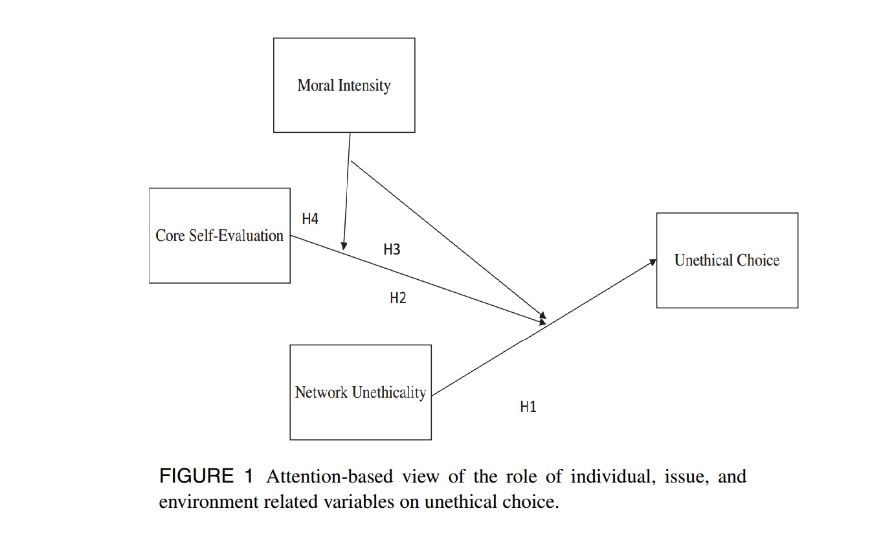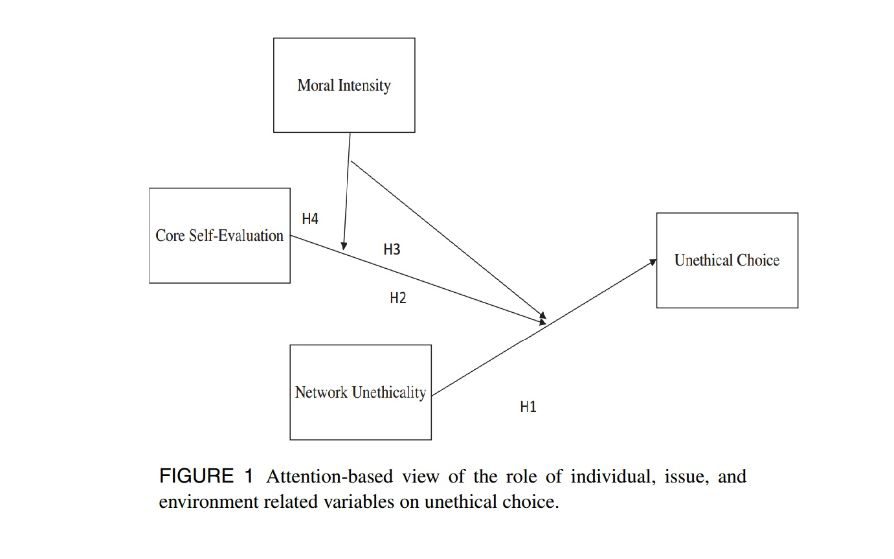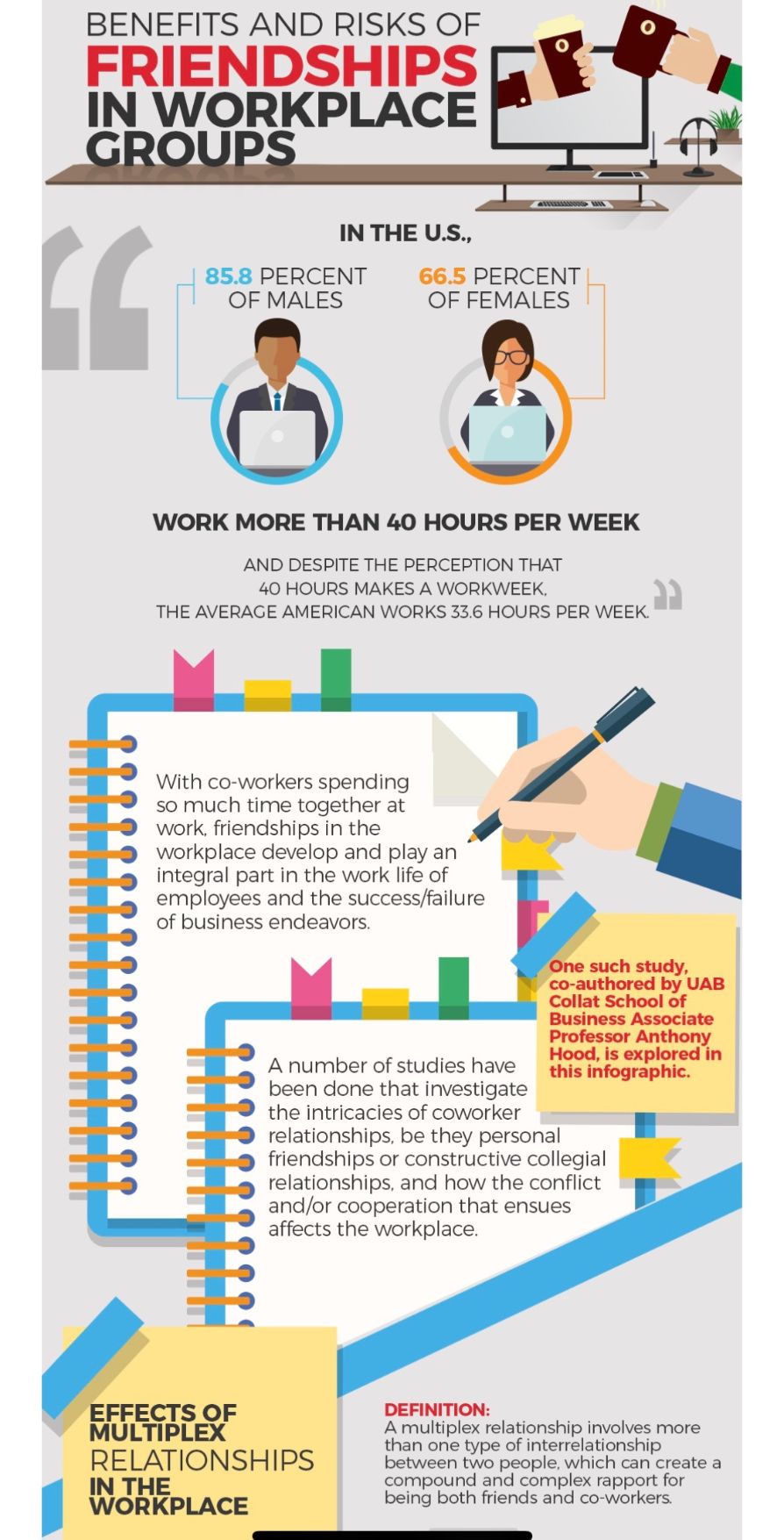My coauthors and I recently published a paper in the journal Ethics and Behavior that explores network unethicality which we define as “the extent that unethical tendencies are perceived to be present among one’s social network peers… and “drives attention towards or away from unethical choices” (p. 3). “Network unethicality represents the proportion of social ties one has with unethical peer advisors relative to all of his peer advisors, and is likely to influence whether social learning will yield unethical choices (Zey-Ferrell & Ferrell, 1982). When social interactions more frequently tend to be with perceived unethical versus ethical peer advisors, social learning will tend to provide support and justification for unethical choices. In this way, the more that individuals interact with social network peers perceived to have unethical tendencies, the more likely their attention and learning will be directed toward unethical choices” (p. 3).
For a copy of the article, click here.



